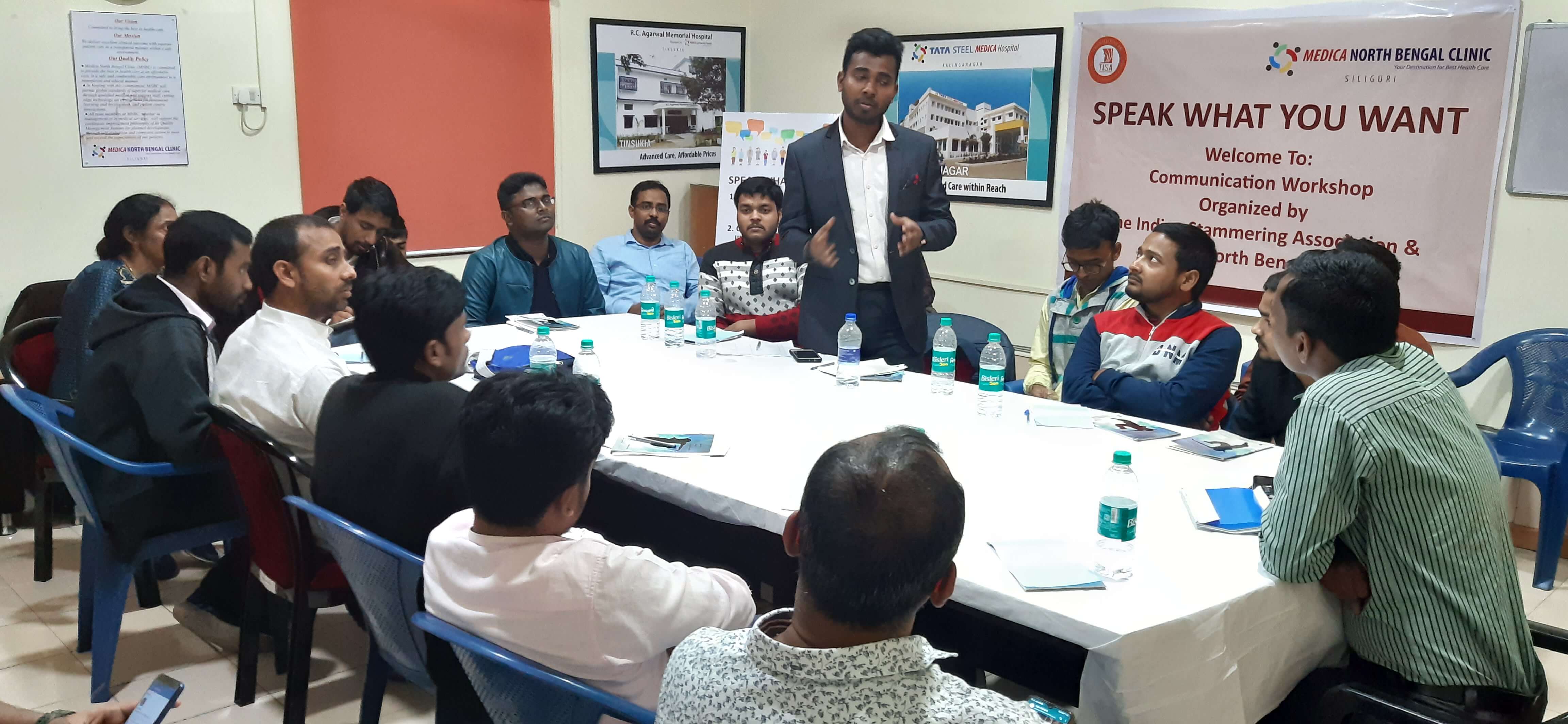 Introduction
Introduction
Tisa organised this workshop in collaboration with Medica North Bengal Clinic (MNBC) in Siliguri for people who stammer (pws) on 14-16 Feb 2020.
Participants
17 people who stammer from West Bengal, Bihar and Madhya Pradesh – ages ranging from 23-55 years. Three facilitators were from Dehradun (Satyendra), Gorakhpur (Manjulika) and Bhopal (Amit).
Proceedings
Day 1: Dr Gaurav Roy, Medical Admin, addressed the participants briefly and shared his thoughts on how determination and consistent work can help a pws overcome his/ her issues and fears. Harish Usgaonkar, National Coordinator, TISA, addressed the participants through a video, which was streamed in the inaugural session.
Next, Amit Kushwaha welcomed the participants, and took a mock roll call. This was aimed at reducing the fear associated with roll call, common among pws. Satyendra, the facilitator shared the ground rules. First event was a rapid intro. The group approached one another and quickly exchanged some basic information- name, city etc. and later introduced each other. Then, Satynedra shared some basic information about stammering- its nature (psychological predominantly), avoidance strategies and problems caused by these.
In the next round of intro, participants said their names, city and work- with bouncing, then with prolongation and finally using pausing. Next, participants were paired so that they could practice and offer structured feedback to each other. After some more practice, the group was shown a video by Peter Reitzes, outlining use of these techniques- especially “pull out”.
Next, we discussed pull out (block correction) and voluntary stammering: in order to do a pull out, first, one has to go in a block. This is why we all first practiced Vol. Stammering and then tried “pulling out” of a block.
As a desensitization exercise, we did a role play in pairs: how should we react if someone calls us a stutterer: Aami Totla, Tumi Totla… etc. The idea was to emphasize that even ‘normal’ speech has disfluencies, no one is perfect and accepting our issues is the first step towards recovery. Role of healthy humor was also highlighted.
A child with speech issues (Rishabh) came with his grandfather for help. Manjulika, an experienced teacher, counseled the grandfather and conducted communication activities with the child.
Other participants phoned friends/ family members and strangers, while being videographed. Later they analysed their own videos and their secondary behaviors. Satyendra discussed various ways of dealing with secondary behaviors and encouraged participants to try them out in pairs and get feedback.
Post Lunch: Participants conducted the stammering interviews with each other in pairs. A little later, some nurses and medical staff joined us and volunteered to be interviewed by the participants. While this was emotionally challenging, every participant successfully completed this activity and found it very rewarding. The participants analysed their performance during the stammering interview and discussed how they could maintain these benefits.
A hospital staff, who stammers, also joined us. Participants were asked to make mini-presentations (both in English and Bangla), which were evaluated and feedback was given. Next, participants were asked to roleplay a salesman- simultaneously. In the resulting din, it was a challenge and a good practice to continue making a sales pitch in spite of distractions. This activity gave everyone a taste of typical group discussion during job interviews.
Lastly, the group was shown some slides on “bogus Cures” and why it was important for pws to be more knowledgeable. The group was divided into three sub groups and asked to prepare a script for a comedy role play, to be staged the next day.
The last activity was Cognitive Behaviour Therapy (CBT) triangle: we discussed how thought (cognition), feelings and behaviour are deeply interconnected; we took some stammering examples and analysed them.
Day 2: In the opening session, we discussed and practiced belly breathing, leading to a calm inner state; we did it first sitting down in a chair, then standing up- as we introduced ourselves formally. It was emphasised that excitement and anxiety before formal speaking situations can be handled better by conscious slow belly breathing for just a few minutes.
Next we discussed the overall stressful nature of modern life and the negativity it regularly generates. ‘Three Gratitudes’ and ‘Three Good things’ were taken up as a listing activity. We discussed the role of gratitude in generating positivity. Also, recalling three good things in the last 24 hours can offset the unconscious negativity bias that we have inherited from our remote evolutionary past. Participants were encouraged to share some real life examples.
Mini presentations were given by the participants next, three at the same time, with feedback from facilitators. These were videographed for subsequent analysis by the participants. Participants wrote down a list of five words which they found difficult to say. They spoke it with use of techniques and later put them into sentences.
A child, Anupriya, came with her parents, who were counseled by Satyendra and Manjulika. She was under treatment and displayed delayed language acquisition.
Post Lunch: Participants went out into the nearby market in three groups. They were given the task of:
- strangers talk on any relevant topic (What do you think of cleanliness or traffic situation in the city? etc.)
- If the subject has time and inclination, participants did a stammering interview.
All the participants spoke to strangers using some technique and later requested even feedback from them. In the debriefing session back in the conference room, we discussed how the participants can maintain these practices after the workshop. The group realised that a self help group, even if it is online, can be a big help in continuing with these improvements.
Satyendra showed some slides about stammering, its effects and ways to recovery.
Day 3: After a quick recap and a little relaxation exercise, the group went outside the reception area of the hospital. In the presence of a continuous flow of strangers and onlookers, the participants gave mini-presentations on their chosen topics, with a facilitator standing next to them: The facilitator gave them real-time feedback (stop, look at the audience, smile, let go of the tension in shoulders, stand straight, pause and breathe, smile, speak louder, get feedback etc.) After each presentation a mini Q and A was also conducted.
The three groups prepared and presented on following topics: 1) Prolongation and bouncing Techniques, 2) Pausing and Voluntary stuttering and 3) What is communication and how to improve it.
Post Lunch: The group presented three role plays in public- usually a big challenge for pws. Many onlookers made appreciative inquiries. First role play was a parody on a state regulatory body: a certain department sanctioned house construction maps only if the applicant was a stammerer, a funny case of positive discrimination! Second play was about the role played by “speech issues” in matrimonial alliances- again in reverse direction: a fluent boy could not get a match and had to learn how to stammer in order to get married! The third role play also was a comedy.
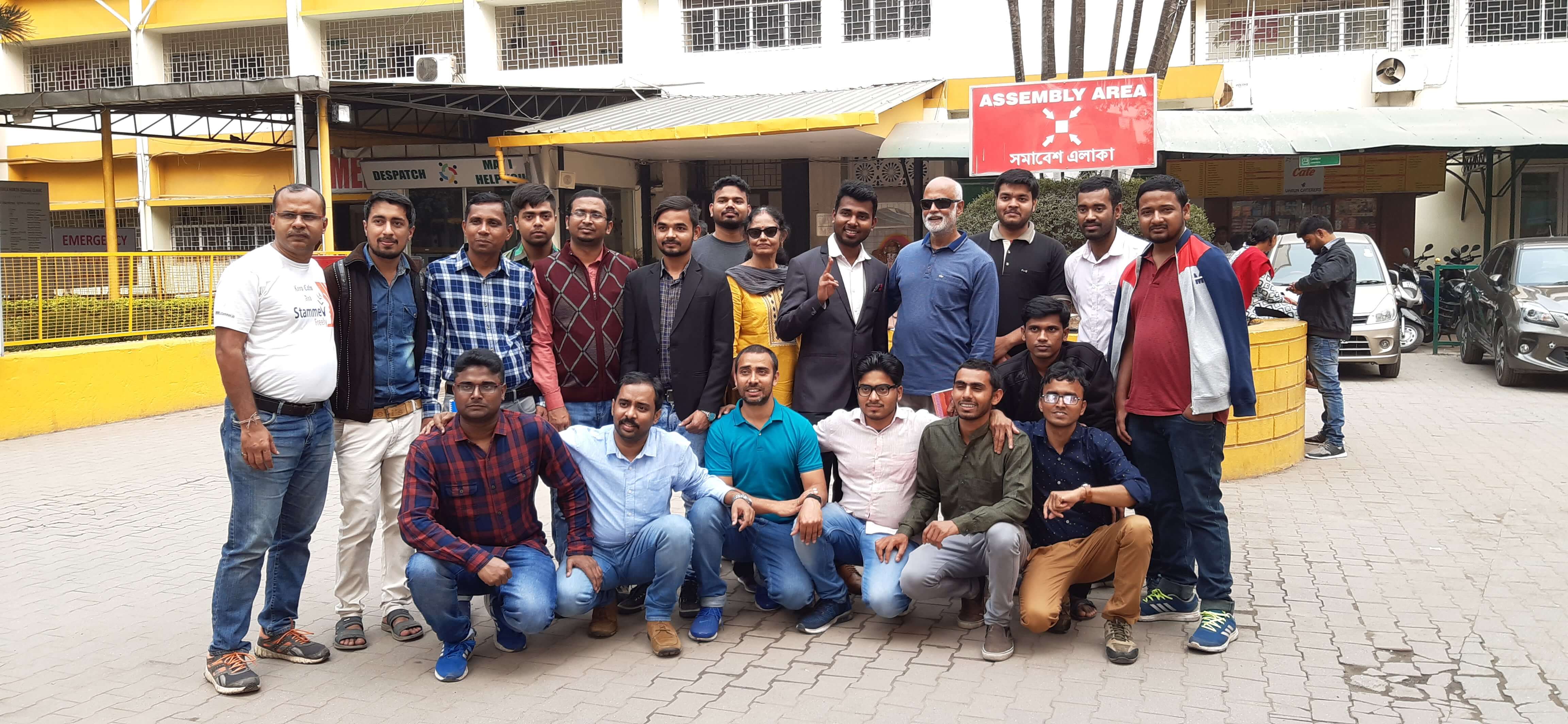
Last session, back in the conference room, was about dealing with relapse which is all too common in stammering. How can it be prevented? It was agreed that some of these steps could help:
- Talk to 2-3 strangers using a technique everyday – in person or on phone
- Become an active member of a self help group or network- or start one.
- Take social initiatives: offer free tuition to slum children, volunteer for social work in your locality etc. Random acts of kindness generate positivity and opportunities for social interaction and communication.
Next, Amit and Manjulika shared some thoughts on what “success” could or should mean for a pws; what acceptance means and how it radically differs from lethargy etc. After some group photos and thanks to the MNBC officers, the group dispersed. They have planned to have a communication workshop in Kolkata in the coming months.
Feedback video is here.
We put on record excellent help offered by MNBC in conducting this workshop: Dr Gaurav, Saransh ji and Moumita!
Accounts will soon be shared here.

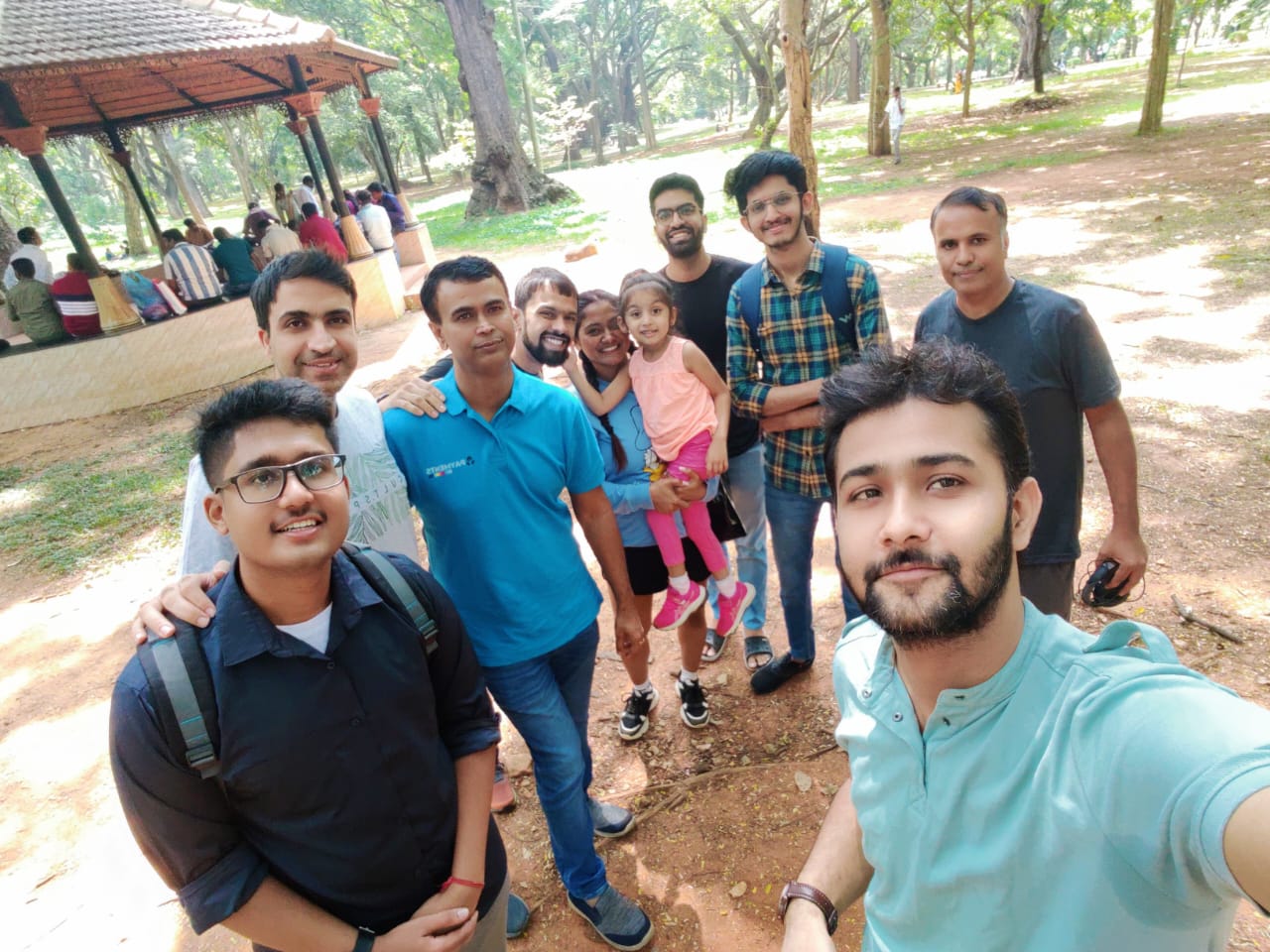

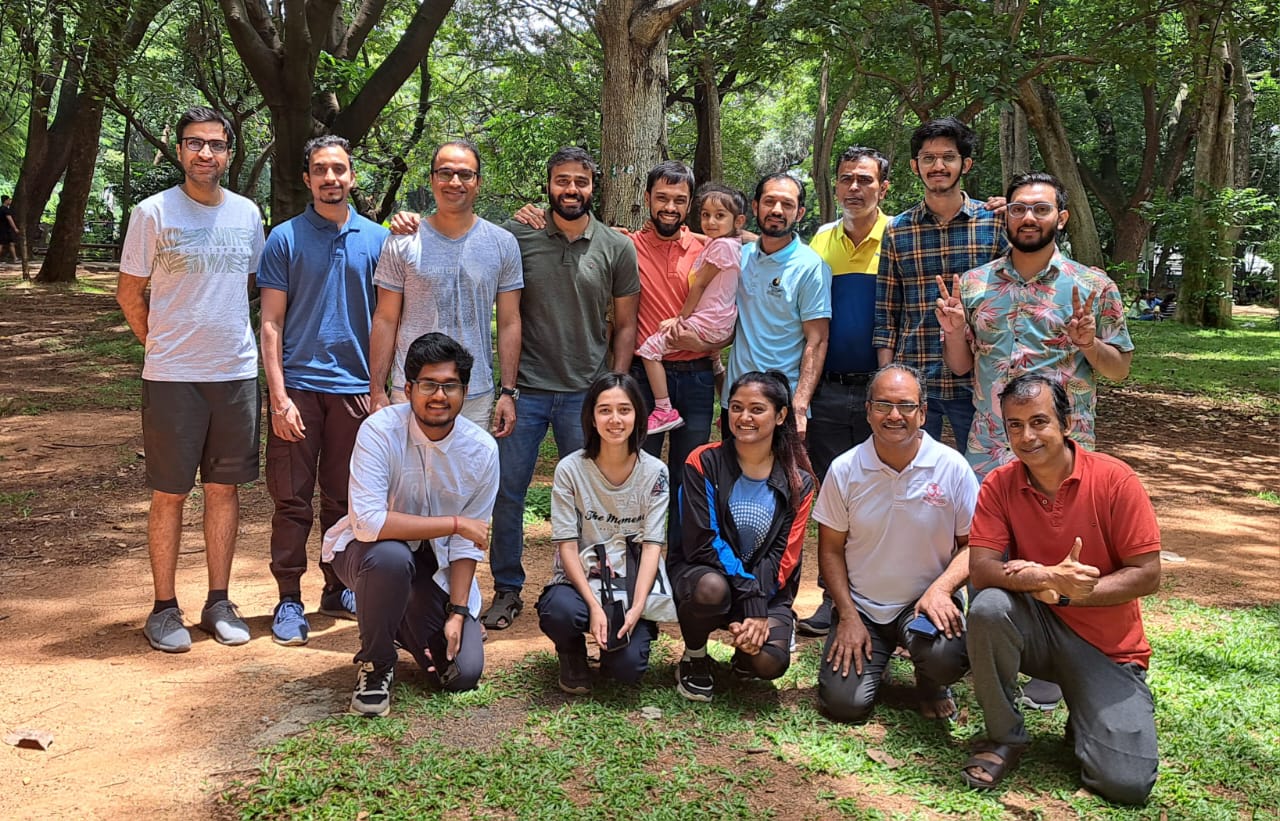
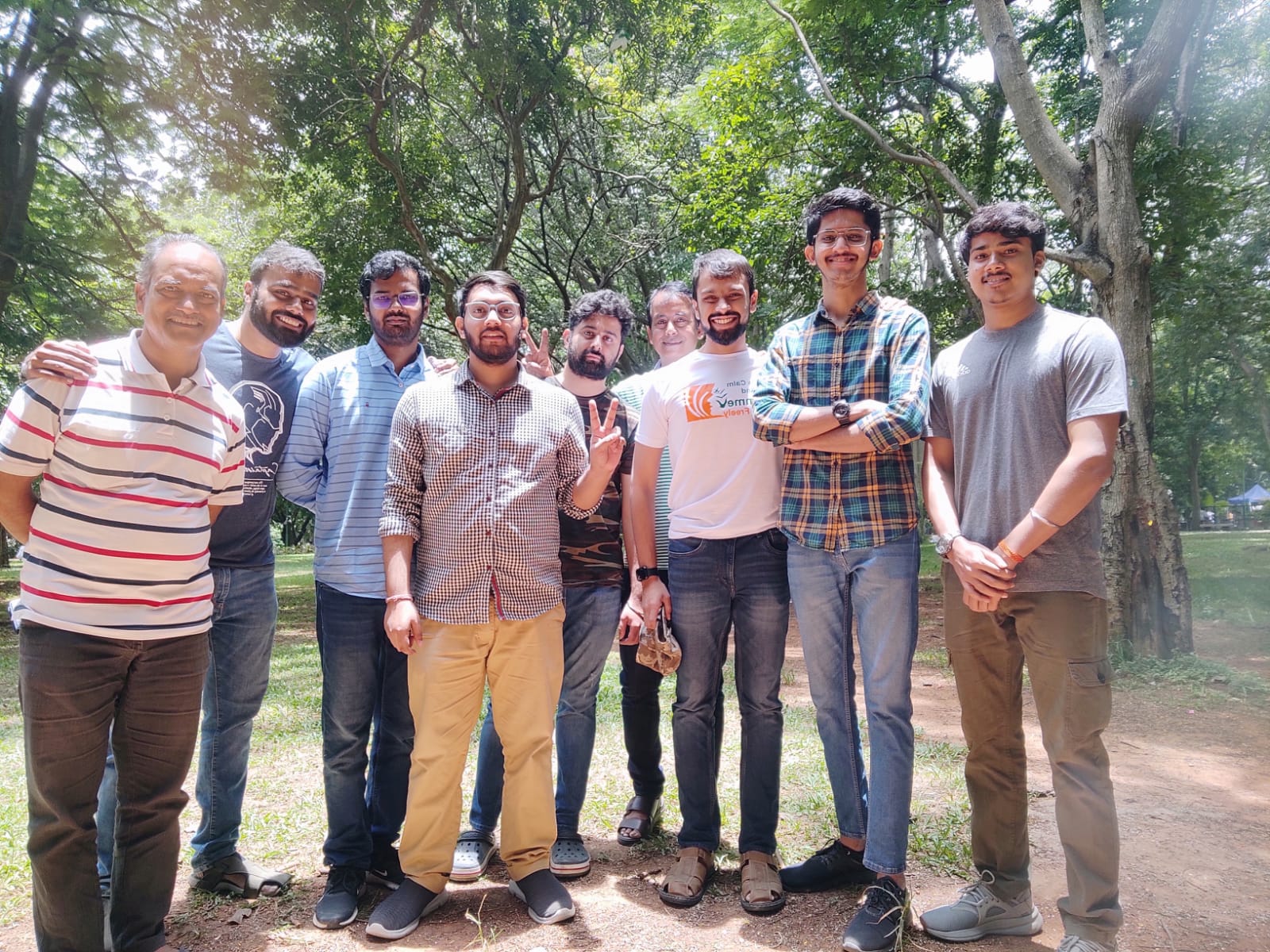
2 thoughts on “Siliguri Communication Workshop”
Vikasnagar Communication Workshop | The Indian Stammering Association
(February 24, 2020 - 8:08 pm)[…] Agenda : Content and methodology will be similar to Siliguri workshop: First two days, focus will be on The four techniques and third day, we will be practicing it out […]
Fun, Productive and Interactive TISA SHG Meeting- Patna- 1 March 2020 | The Indian Stammering Association
(March 3, 2020 - 12:31 pm)[…] – Number telling game (Inspired by SILIGURI WORKSHOP) […]